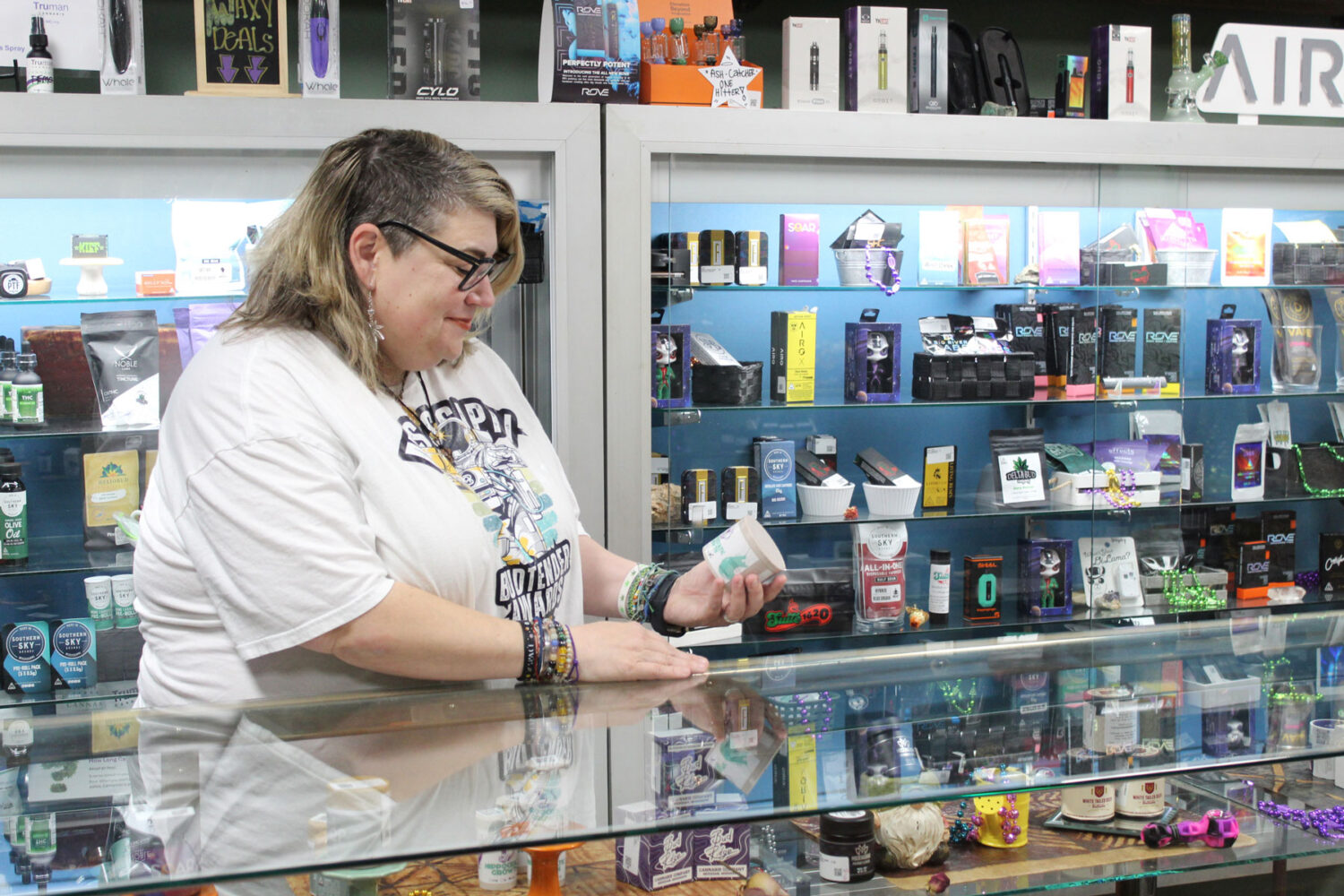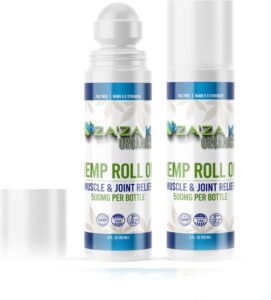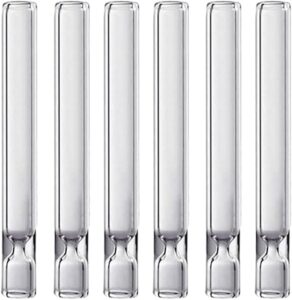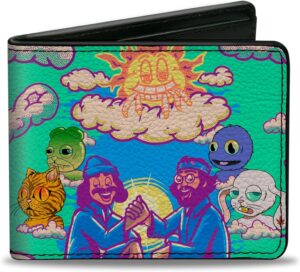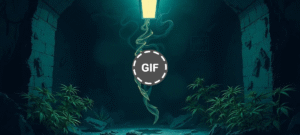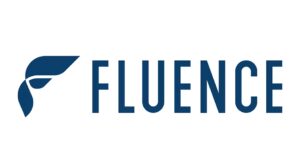A 71-year-old woman walks into a cannabis dispensary. She recently got her medical marijuana card, and she wants to branch out beyond just topicals. But she doesn’t want to inhale smoke. She also doesn’t want to eat anything with a lot of sugar in it, due to her acid reflux, or feel too “head high” from cannabis.
Apothecarium Green budtender Susan Boykin was at the inaugural Mississippi Budtender Awards and Competition Show in Biloxi at the end of last month when she first heard this scenario. Based on her experience behind her dispensary’s counter and careful study leading up to the competition, she knew exactly what she would tell the patient.
“I would tell her some gummies are sugar-free,” Boykin told The Dispatch on Thursday. “… And I would probably turn her toward Ripple powder packs. They’re gluten free, non-GMO, sugar free and tasteless. So she could put it in her coffee or juice. She could do whatever she wants and still get that – not head high – as much as body feeling, not hurting so much.”
Budtenders work in dispensaries, guiding those with medical marijuana cards toward ingestion methods that are right for their needs.
With answers like the one she gave, Boykin took home first place in the individual category of the competition in Biloxi, including a $1,000 prize. She was also a nominee for the Budtender of the Year award.
But answering questions like that is also a part of what Boykin loves doing daily behind the counter of Apothecarium Green. She said she first stepped behind the counter at the dispensary a little more than a year ago, as a way to help others who may need help with health issues that could be relieved by cannabis.
“I knew how much it helped people,” Boykin said. “I’ve had lots of friends that have had to move to California or Colorado because their children (need) it for epilepsy or multiple sclerosis, things like that.”
State law says that medical marijuana can only be purchased by medical cardholders from licensed dispensaries. Currently, Boykin said, there are 23 qualifying conditions to receive a medical marijuana card, including chronic pain and post-traumatic stress disorder – both which she commonly sees from behind the counter.
That means Boykin recommends products based on a patient’s needs, from papers and lighters to pipes, bongs, gummies, tinctures, spreads, powders, seltzers and other food additives. There are even sprays that can be applied to the inside of a cheek, Boykin said, if a patient has trouble with chewing and swallowing.
Budtender training requirements
Under state law, patients are allowed up to 24 Medical Cannabis Equivalency Units of cannabis each month. One MCEU is equivalent to 3.5 grams of flower, one gram of concentrate and up to 100 mg of THC infused products. Budtenders must know how to calculate the amount of cannabis sold to a patient across all of their ingestion types, Boykin said.
Boykin said she always tries to keep the individual in mind as they choose what’s best for them.
If a client still has fears or anxiety around taking cannabis, such as an older client, she typically advises them that they don’t have to smoke at all if they don’t want to, instead giving options to “taking it low and slow.”
“They crave the knowledge, and I love that we’re able to give that,” Boykin said.
Individuals working at a medical cannabis dispensary, including budtenders, are required to obtain work permits and eight hours of training, along with five hours of training annually.
Mississippi Budtender Awards and Mississippi Cannabis School Founder Candace McClendon said education has been “the heart of what we do,” since the program started in 2022.
“It’s important for budtenders to know what’s legal and what’s illegal,” McClendon said. “… And we definitely want budtenders to know about terpenes and how the endocannabanoid system supports the products that we have on the market. And also, just how to be patient friendly, what I call patient focused.”
Terpenes are naturally occurring chemical compounds found in plants and animals. The endocannabanoid system includes both receptors and proteins in the body that interact with cannabinoids – the active compounds in cannabis.
McClendon said budtenders, owners and management from 42 dispensaries across Mississippi were present for the first year of the awards. Budtenders showed both their passion for patients and knowledge of cannabis products by answering questions and working through real-life scenarios, like the one Boykin remembered.
Apothecarium Green is co-owned by Sophia Kibe and Corey Herring. Herring said it was really impressive to see Boykin move through the rounds of the competition, “setting herself apart” with her answers and knowledge. But he said the client-centered approach is something that all of the budtenders at the dispensary try to bring to all of their interactions.
“We strive to help the patient with the product,” Herring said. “The only way you can really do that is, one, care. And two, listen to what they say, and help them figure out what … would be the best terpene profile to help with the concern that they’re having, whether it be sleep apnea, neuropathy, pain… and there’s so much more than that.”
Both he and Kibe were proud that Boykin won, bringing her victory back to the city, Herring said.
“There were a lot of people in this competition, and a lot of big name brand companies, and we were elated to be able to take the victory home to a small shop in Columbus, Mississippi,” he said.
Quality, in-depth journalism is essential to a healthy community. The Dispatch brings you the most complete reporting and insightful commentary in the Golden Triangle, but we need your help to continue our efforts. In the past week, our reporters have posted 35 articles to cdispatch.com. Please consider subscribing to our website for only $2.30 per week to help support local journalism and our community.


